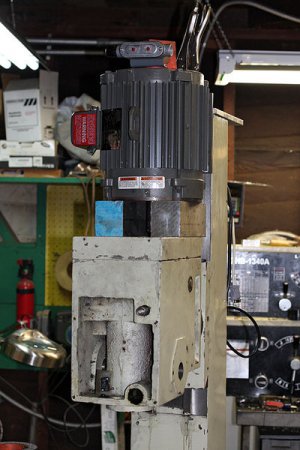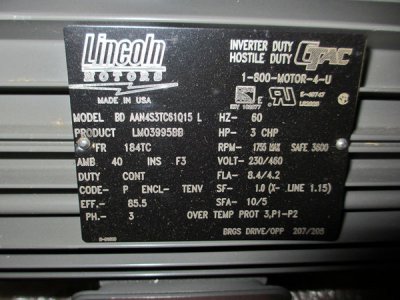- Joined
- Feb 17, 2015
- Messages
- 15
Did any one try the KL-2200 the 3 HP Spindle that is sold by automation technologies. I was thinking to use it in my build (In the R&D phase)
Does it have a potential and good power to work hard materials like Titanium and hardened steel?
I am kinda new in this and I don't want just to throw $700 for something that I will be throwing later.
My plane is to use it as a belt drive conversion for a ZX45 mill CNC conversion project.
What do you think guys?
Does it have a potential and good power to work hard materials like Titanium and hardened steel?
I am kinda new in this and I don't want just to throw $700 for something that I will be throwing later.
My plane is to use it as a belt drive conversion for a ZX45 mill CNC conversion project.
What do you think guys?



